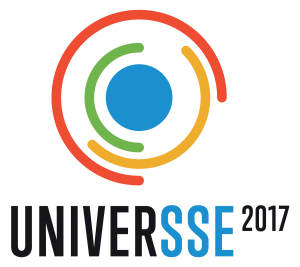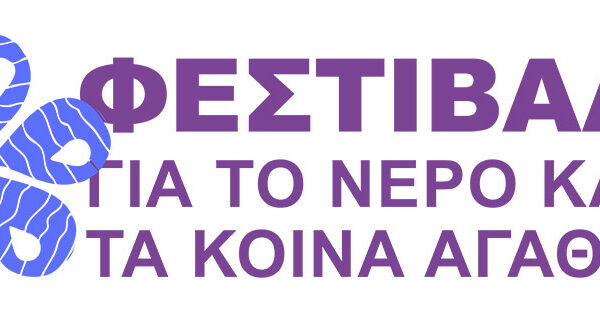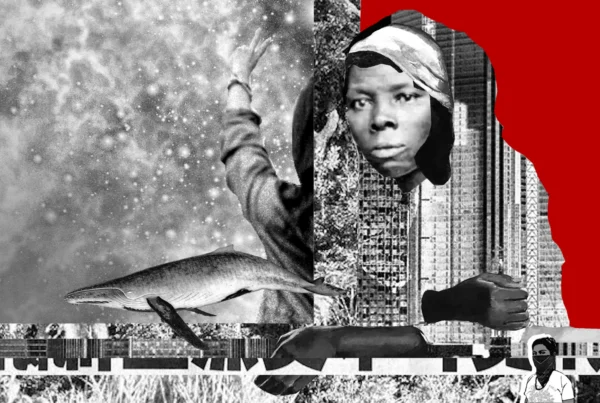This summer Athens will be the meeting point for social and solidarity economy people, collective ventures and organizations all around Europe. The 4th European Congress of Social Solidarity Economy will take place from 9th till 11th of June in the Agricultural University of Athens, under the call “democratizing economy – emancipating society – empowering change”. Participation is free of charge. A crowdfunding campaign has been launched to raise the funds to bring members of grassroots groups outside Athens.
1. Where, When, Who, Why
The 4th European Congress of Social and Solidarity Economy (SSE) will take place in Athens (School of Agriculture) from 9 to 11 of June and on the occasion of the 6th annual meeting of RIPESS Europe. Representatives of SSE organisations from more than 20 countries is expected to participate.
The presence of dozens activists, members on national networks, cooperatives and researchers in Athens in addition with the manifested emergence, needs and potential of SSE in our country the recent years, constitute a full of promise combination for hosting this international event. It is a first rate chance to exchange experiences, know-how and practices, in a meeting of the multifarious universe of active SSE collectives and in quest of common discourses and strategies.
2. Organisation and Call
The organising initiative for this international meeting has been undertaken by the following collectives and networks:
- Dock ‘Social Solidarity Economy Cooperative Zone’
- Hub (Komvos) for the Social Economy, Innovation and Empowerment
- Festival for Solidarity and Cooperative Economy
- Coordination of KOINSEP in Athens
- Coordination of solidarity schools
- Efimerida ton Syntakton – EfSyn (Journalists Paper)
- Pro.s.k.al.o.
- Popular University for SSE.
Co-promotion by RIPESS EU – Solidarity Economy Europe
In the congress we hope to meet with everyone active in promoting and developing the Social and Solidarity Economy, which we perceive as a dynamic space and a polymorphous ecosystem of self-management of production, work and consumption. An emerging space of novel discourses of emancipation and social empowerment, which in times of crisis has not only proved a means to resist but also a tangible paradigm, vision and potential of social transformation.
Our univerSSE hosts cooperatives and co-working initiatives, self-organised solidarity structures, models of community based and social economy, projects of open technological innovation and research, processes and spaces for the development of Commons.
The SSE is an open process and at the same time a call to action. Every initiative in this multiform univerSSE, in our country and in Europe, is welcome to take part and contribute with its ideas in the three-day European meeting.
3. A universe out of control
We are experiencing the derailing of globalised neoliberalism, the dominant model of exploitation in half a century. The structural economic and political crisis of a system that has lost any socially positive connotation and hence its potential to exercise its hegemony. A system that tends dangerously towards nationalism, racism, post-democratic rule, that promotes the destruction of nature and extreme human alienation, that escalates intra-capitalist antagonisms.
We are experiencing the imbalances of a system in frenzy. Of a system incapable to manage the “side effects” of the emerging social and technological potentialities, that allow today large sectors of the global population to envision and experiment with new horizons of social life, change and transformation in view.
We experience the shaking of a crash. On one side, the violent processes of privatization, dispossession and social exclusion, enclosure of our common goods and suppression of the potential for social emancipation. On the other, technological development and knowledge growth carry the conditions for the socialization of the means of production and reproduction, thus creating conditions for an ever increasing participation of everyone in policy design and the constitution of self-managed and scaled-up communities and networks.
We experience a historical moment. One where the need for transcendence and for breaking up with the reality of the market and of state-centered administration becomes a daily matter. One where the existing national and international bodies are part of the problem and not of the solution.
4. A fresh univerSSE emerges
Every universe has its moment of creation. In the case of UniverSSE, this moment is not a big bang but an ongoing process. Our univerSSE, as it emerges within systemic cracks and upheavals, constitutes an expansive and under construction terrain. Creator and inspiration of a social and economic paradigm that nurtures the ingredients of a just, equal, open, free and common universe for all.
Every universe is composed by necessity and vision alike. The SSE articulates into a multifarious process of social transformation everyday acts of survival and of creative resistance as those appear in social movements and popular revolts. But it carries beyond that instances. It forms a universe of new social relations, infrastructures of production, modes of politics, cultural expression and collective self-determination in a nascent phase. It is a route that from the explosion of potentialities at the peak of popular movements, carries on by social resourcefulness and experimentation, moving towards the consolidation of projects with post-capitalist features. From resisting (a world) to creating (a new one).
5. The SSE today
The universe of SSE develops in the interstices of the domination by the market economy and the state-centered economic policies. However, the latest years its economic turnover, numbers of employees, multitude of entities and social impact increased rapidly. It is an outcome of long-term efforts and trials of alternative models that eventually are gaining visibility and emerge as a way out of the condition of crisis and economic devastation. The SSE is embraced by those hit by unemployment, austerity memoranda and ongoing neoliberal restructuring, but also by populations, city networks and entire regions (e.g. Chiapas, Rojava etc.), that consolidate economic paradigms based on social participation, self-organisation and horizontalism. Heterogeneous examples that prioritize economic relations based on exchange of use–value and social benefit and not on financial profit as a growth leverage.
More than 1 billion people around the world are members of cooperatives. The latter have created over 100 m. job positions – 20% more than the multinational corporations – and they support over 270 m. jobs – mainly of independent producers. Over 3 billion people, half of the global population, is socially secured thanks to cooperatives. In Europe, over 160 m. people are members of 2 m. cooperative SSE enterprises, that is the 10% of the sum of European companies, providing work to more than 15.5 m. people.
The growing presence of SSE actors, of the frequency of meetings and enlargement of networks (locally, nationally and internationally), of interventions for the modification of the existing political culture and institutional frameworks, as well as the increased interest by state and private actors, prove the potential of SSE’s proposals. At the same time, the SSE constitutes a contested and ‘in the making’ field, between the neoliberal version of «start ups» and a Silicon Valley modeled «sharing economy», and those who perceive it as a terrain for a social transformation towards a post-capitalist horizon.
6. Objectives
A univerSSE under construction, that is. The 4th European congress is hoping to contribute to the constitutive process of outlining the unifying principles and practices of the polymorphous ecosystem of SSE. To be a moment of open deliberation and public dialogue, of meeting up and networking, of knowledge and exchange of know-how, of hosting new endeavors and enhancing synergies, of forming common references, discourses and visions.
An event which will increase the visibility and recognition of SSE, by facilitating and encouraging the participation of anyone in the entire ecosystem of SSE in our country and in Europe, hoping to upgrade its potential and scale of social impact, influence and change.
More information on the Congress website and facebook page.





